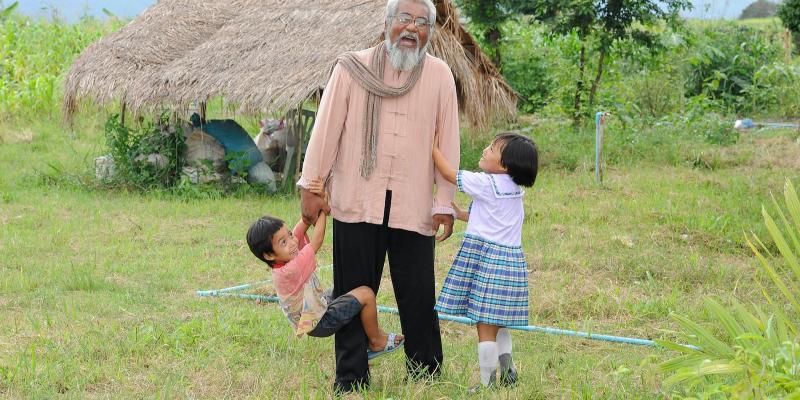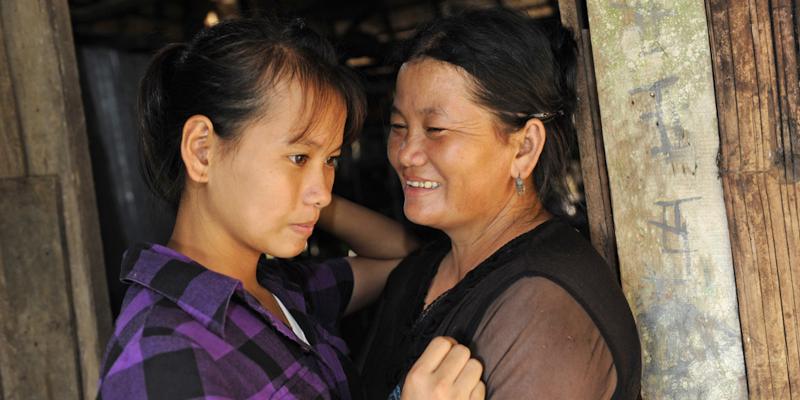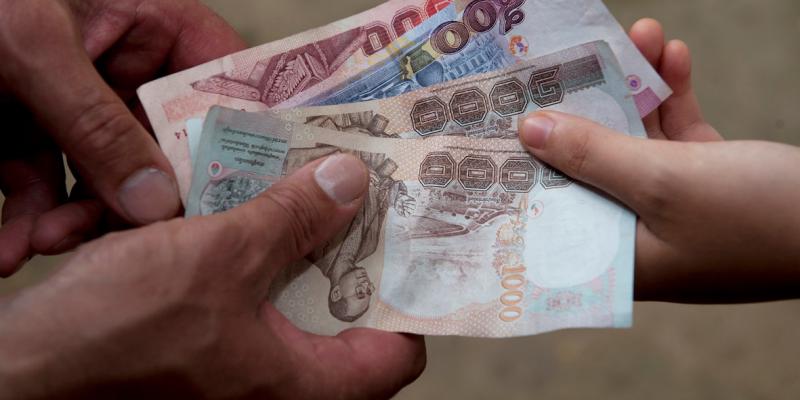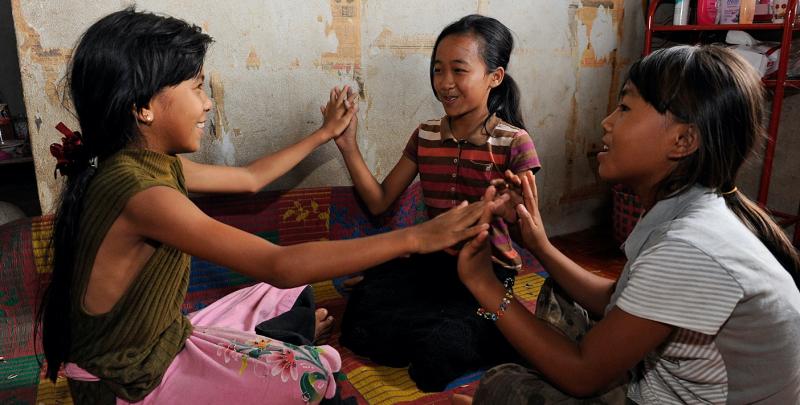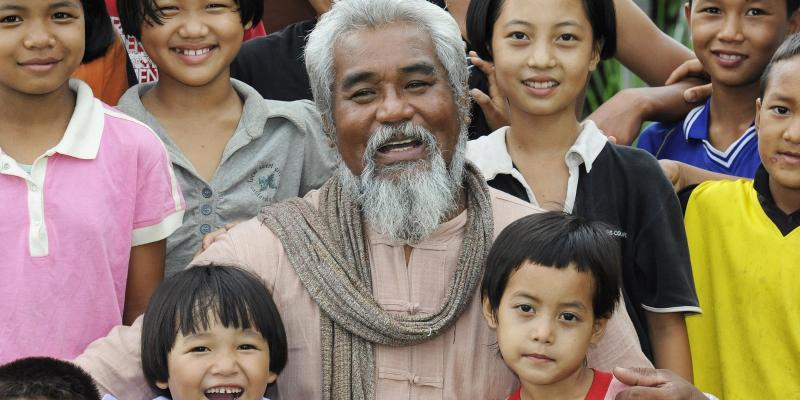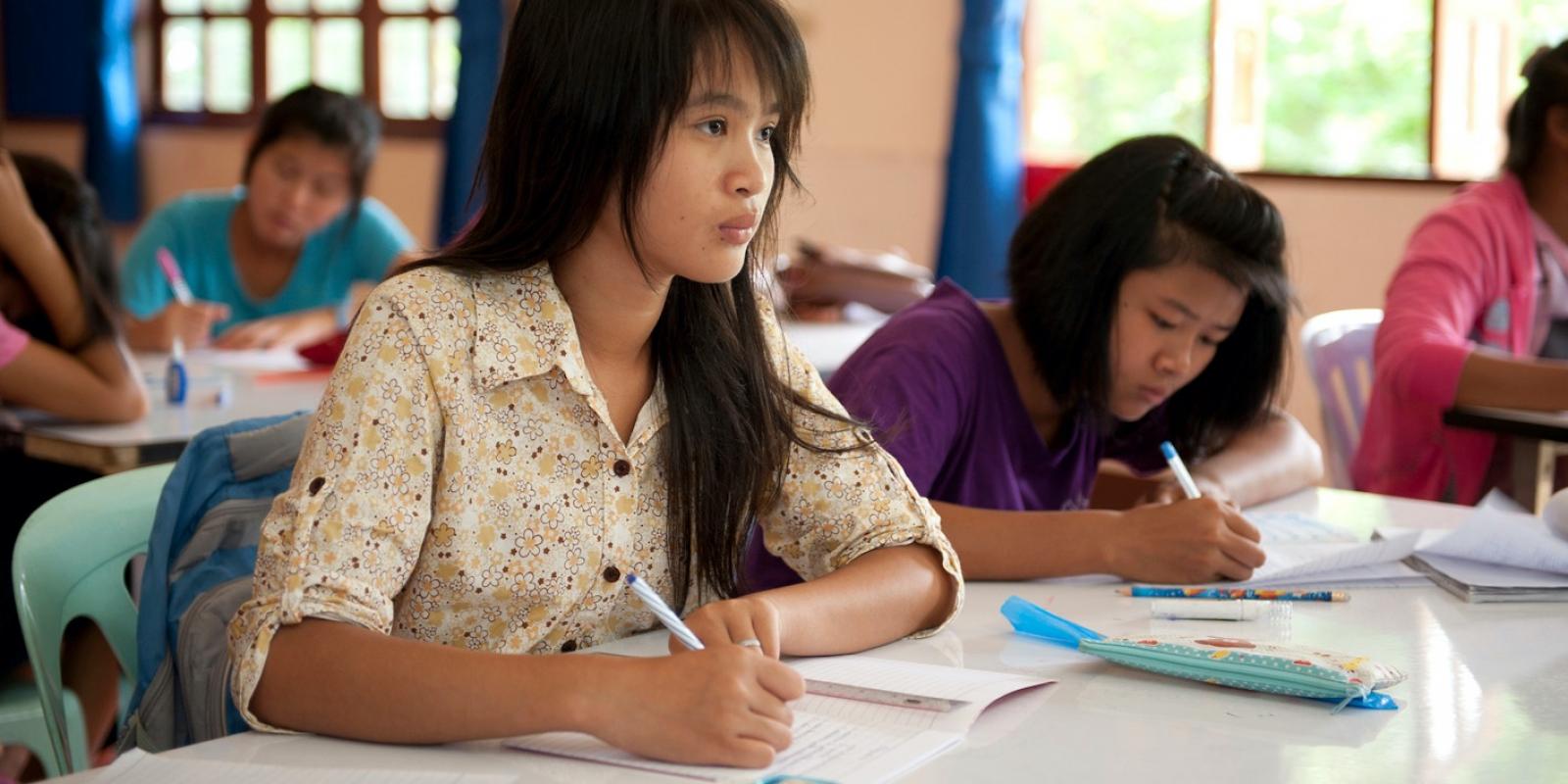
“Knowledge can prevent more children from being sold. Many children don’t know how to read or write, and don’t know anything about their rights,” says Jan Hom.
She says many Thai people are prejudiced against the hill tribes.
“For example, they say that my people, the Tai Yai, are thieves! That makes me feel hurt and angry!”
When Jan Hom was eight, a man visited her foster parents’ home. He said he would pay them if they let their daughter work at a restaurant in town. They said no.
“I was little and I didn’t really understand. Now it makes me scared, thinking about what could have happened. If I had gone with him I probably wouldn’t be alive today. So child trafficking is an issue that’s close to my heart. I tell everyone I meet about it.
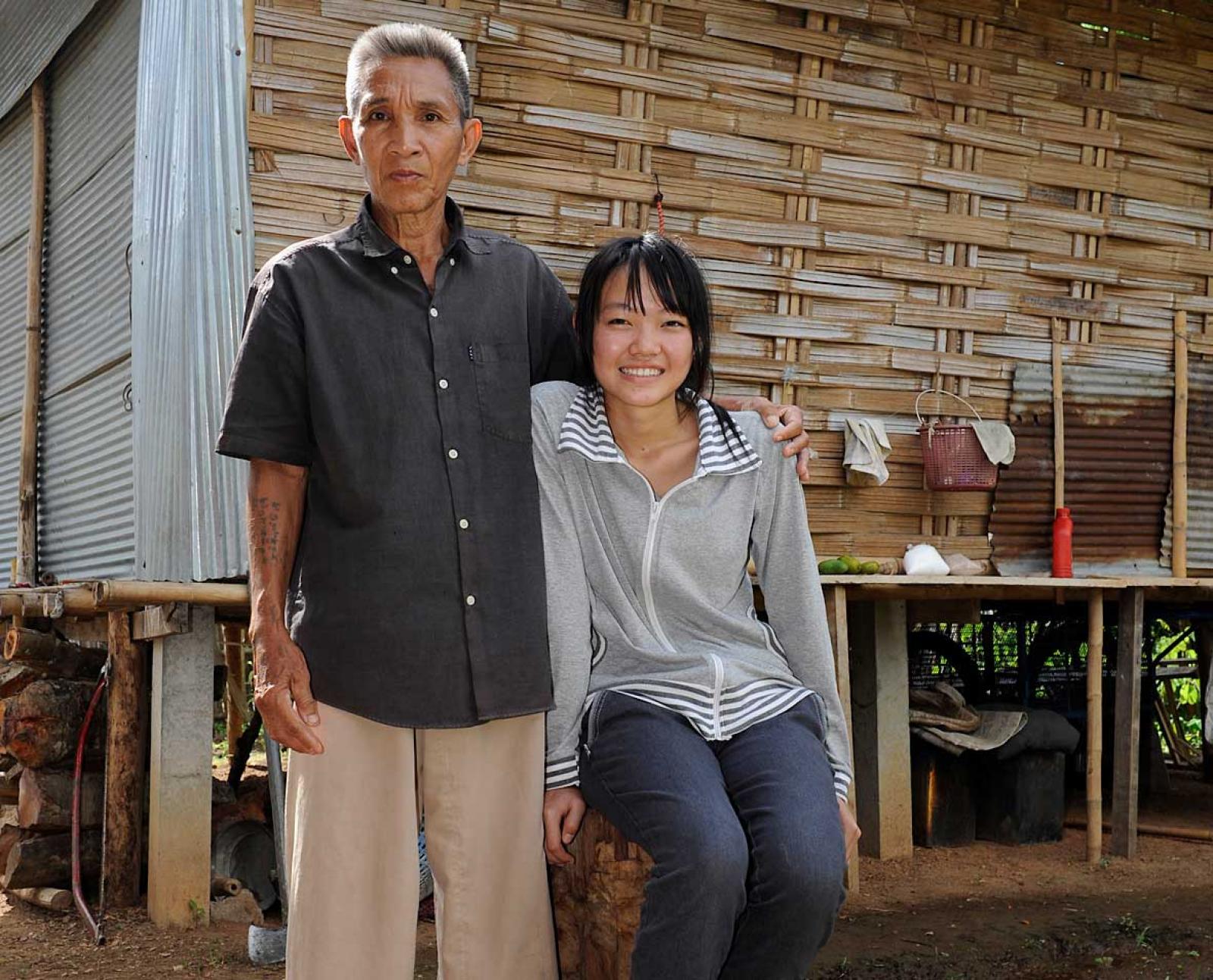
If we raise awareness we can stop more children from being sold and exploited. Many children from Burma are easy targets. They can’t read or write and know nothing about their rights. They can’t get jobs so they have to take illegal work. My neighbour’s daughter travelled to Bangkok 20 years ago and disappeared. They still don’t know if she’s alive or dead. And I have lots of friends who have disappeared. Only one has come back. She said that in Bangkok she was locked in a room, and then taken to another country with some other girls. She doesn’t want to talk about what happened there, but I don’t think it was good.”
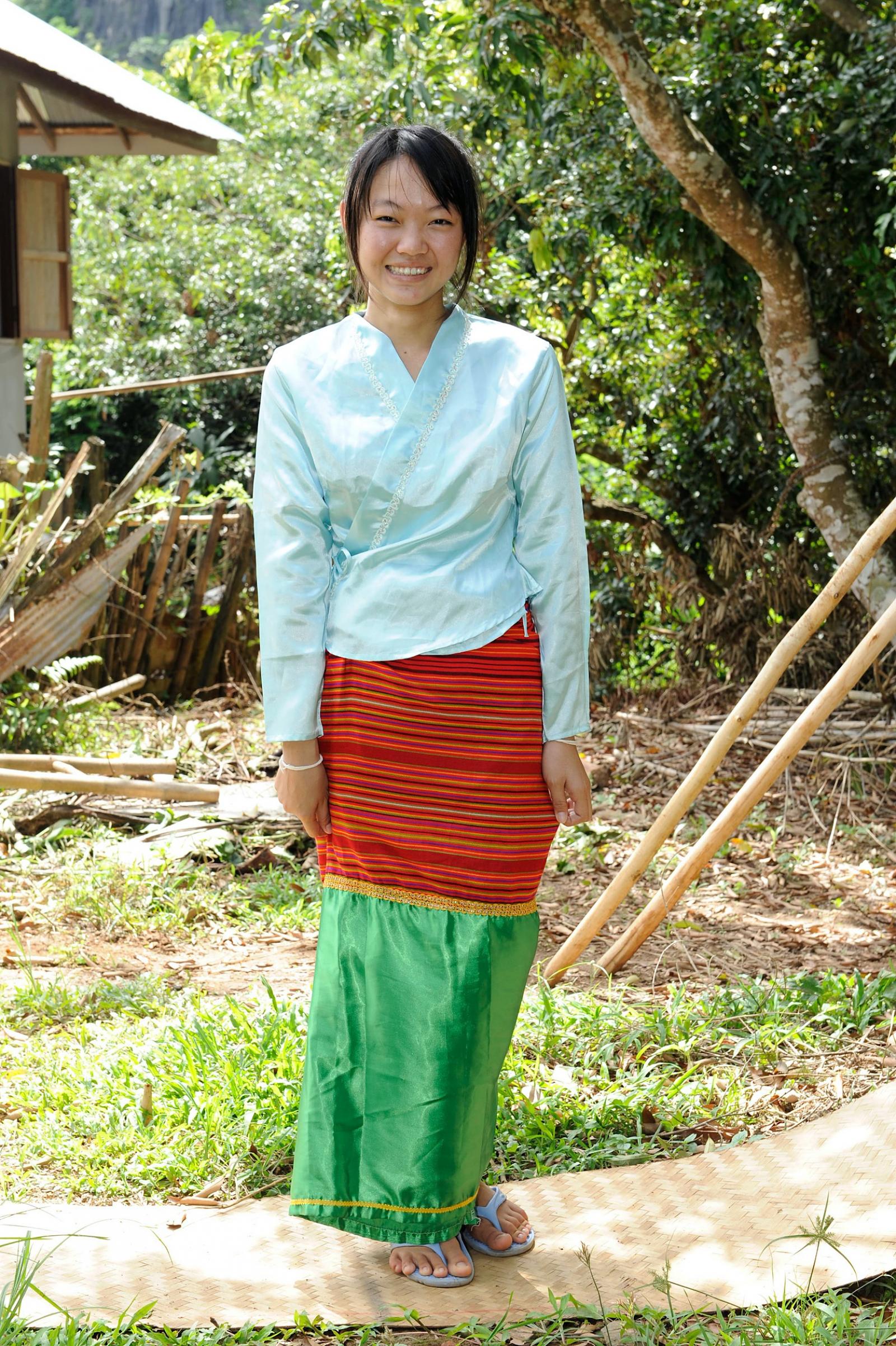
Given away
Jan Hom’s father died shortly after she was born in Burma. Her mother married again and had to move to the mountains with her new husband. She couldn’t take Jan Hom with her.
“My mother asked our neighbours to bring me up as their own child. They were happy, because they really liked me, and their own daughter had died.”
Jan Hom and her foster parents live in a small bamboo house in Mae Sai, which Sompop’s organisation helped them to find.
When Jan Hom was twelve, her mother came to visit from Burma for the first time.
“I was so happy. I had never understood why she didn’t want me. She said it was difficult to give me up, but that she knew the neighbours loved me a lot and would give me a good home. Mum slept in my bed, and she cried and held me tight all night long.”
Text: Carmilla Floyd
Photo: Kim Naylor
Related stories
Långgatan 13, 647 30, Mariefred, Sweden
Phone: +46-159-129 00 • info@worldschildrensprize.org
© 2020 World’s Children’s Prize Foundation. All rights reserved. WORLD'S CHILDREN'S PRIZE®, the Foundation's logo, WORLD'S CHILDREN'S PRIZE FOR THE RIGHTS OF THE CHILD®, WORLD'S CHILDREN'S PARLIAMENT®, WORLD'S CHILDREN'S OMBUDSMAN®, WORLD'S CHILDREN'S PRESS CONFERENCE® and YOU ME EQUAL RIGHTS are service marks of the Foundation.



